6 brilliant pieces of advice from inspiring UCL women
8 March 2019
International Women’s Day is a fantastic opportunity to celebrate the achievements of women from around the globe, and what better way to mark the occasion than to hear from UCL’s own incredibly inspiring women on their experiences?
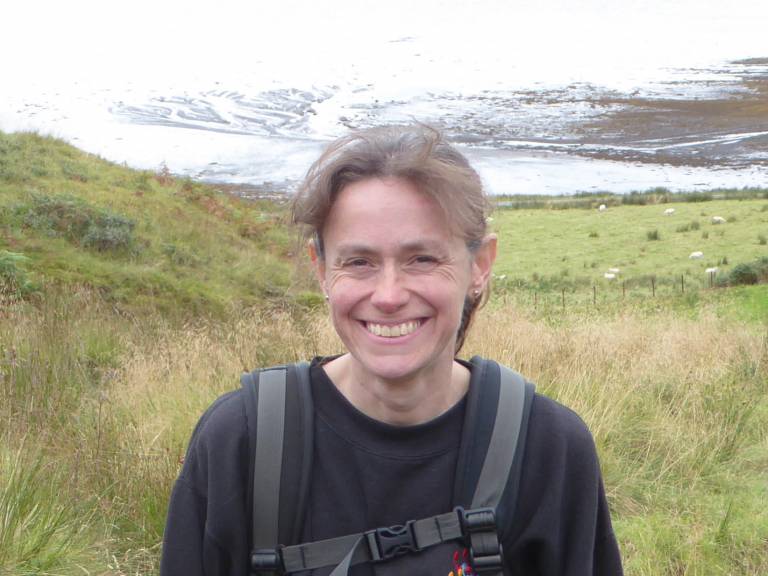
These brilliant women at UCL kindly took the time to share with us some of their proudest accomplishments and best pieces of advice for students.
1. Don't be afraid to ask for help
Professor Helen Wilson – Head of Mathematics (pictured above)
Proudest achievement: I think the thing I'm proudest of is becoming head of my department. It’s a huge position of trust, and I’m still really delighted that my colleagues rated me as someone who would be able to do the job well.
Advice for students: Don’t be afraid to ask for help! For many academics, the interaction with students – explaining, sorting out points of confusion, seeing that lightbulb moment – is one of the reasons we wanted this job in the first place. We might appear intimidating with our big piles of books and our titles, but we were students once and we want to help. But I have a second piece of advice. There have been times during my academic career when I’ve considered making a move to a more comfortable role, one I was really confident I could easily accomplish. I didn’t make those moves, and in hindsight I’m glad because I achieved more than I thought I could. If everyone around you thinks you’re capable of something but you’re not sure – they may well be right: give it a shot!
2. Use criticism as motivation to do better
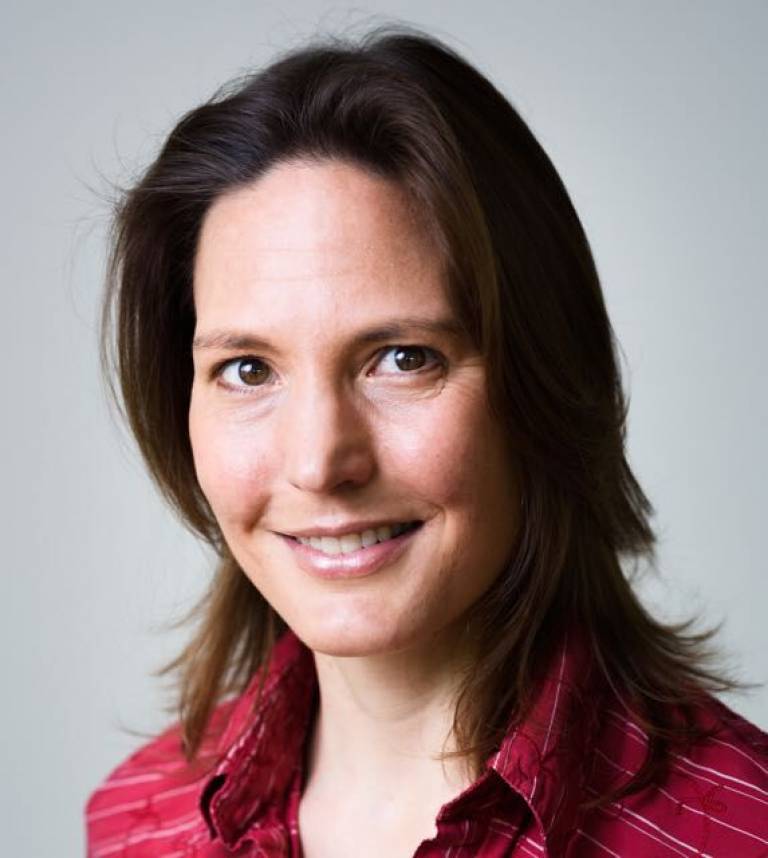
Proudest achievement: I don’t have a hierarchy of achievements – I don’t think that’s how the world works. The best things are made up from lots of small achievements, sometimes all by the same person with one big idea but far more often by a team or a community with a shared aim. Getting the small things right is far harder and far more effective than single “big” things, and will add up to a bigger difference in the end. There’s too much focus on big shiny quick outcomes, and it often stops the real work being done. There’s a great xkcd cartoon that puts these words into the mouth of Marie Curie: “You don’t become great by trying to be great. You become great by wanting to do something and then doing it so hard that you become great in the process”. I love that. The focus should be on doing the right things, not doing the things that are easy to label.
Advice for students: Do your best, and when it turns out that you could have done better, learn from it honestly. Don’t waste time being defensive. Even if the person criticising you is wrong, you can learn from it – maybe you didn’t explain yourself well enough, maybe you have to recognise other people’s viewpoints more explicitly, or maybe you just have to rise above it and behave better than they are. Use criticism as motivation to do better, even though it’s a hard and emotionally tiring thing to do. Most of all, remember that everyone else is a human being – listen to their reasoning before you criticise, and assume good intentions before you assume someone is an idiot.
3. Never ever let anyone convince you of what you cannot achieve
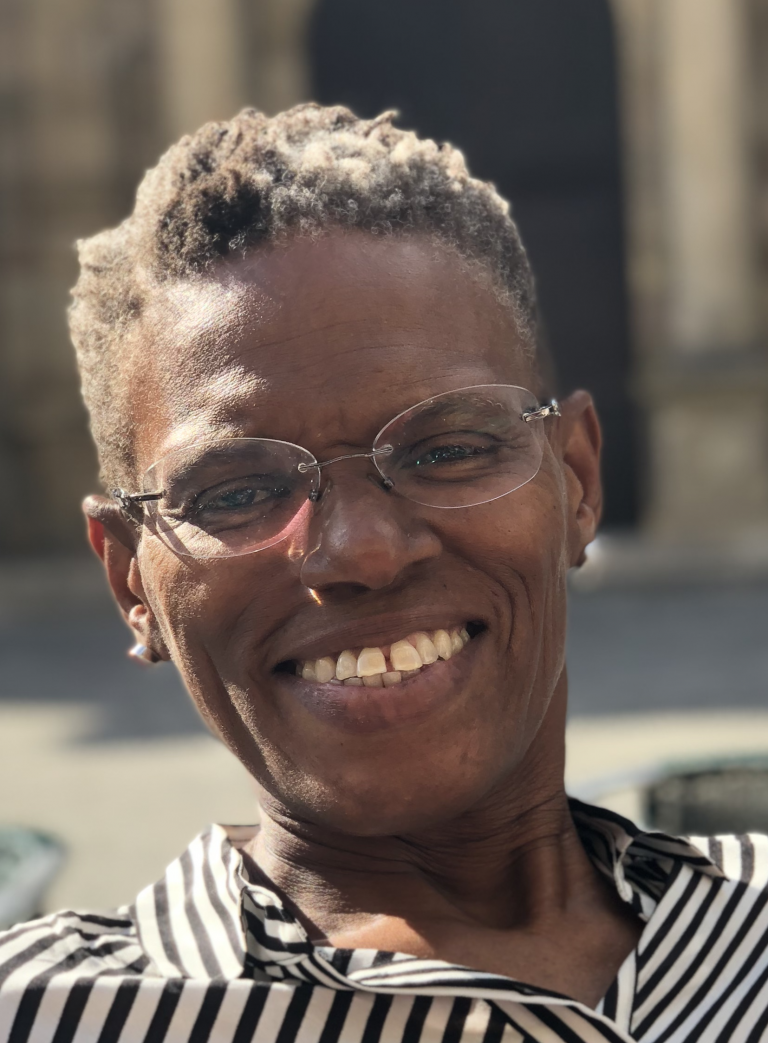
Proudest achievement: Being fortunate enough to have an exciting career in science, with never a dull moment, tremendous highs, such as founding a spin-out company that is developing new medicines, and awful lows; the latter only serving to accentuate the pleasure derived from the highs plus being able to bring up four lovely young women who are in rewarding professional careers, or in the case of the baby of our family, studying at university. How can I possibly not be so, so grateful for literally having it all?
Advice for students: Never ever let anyone convince you of what you cannot achieve. Remember just because the doubter can’t doesn’t mean that you can’t. Always aim as high as you possibly can. Start by choosing a subject to study that excites you and a career that makes you happy to leave the house on a winter’s morning when it is blowing a gale and the rain is horizontal. Work is easier if you are enjoying it.
4. Do what you love and believe in and enjoy discovering new knowledge
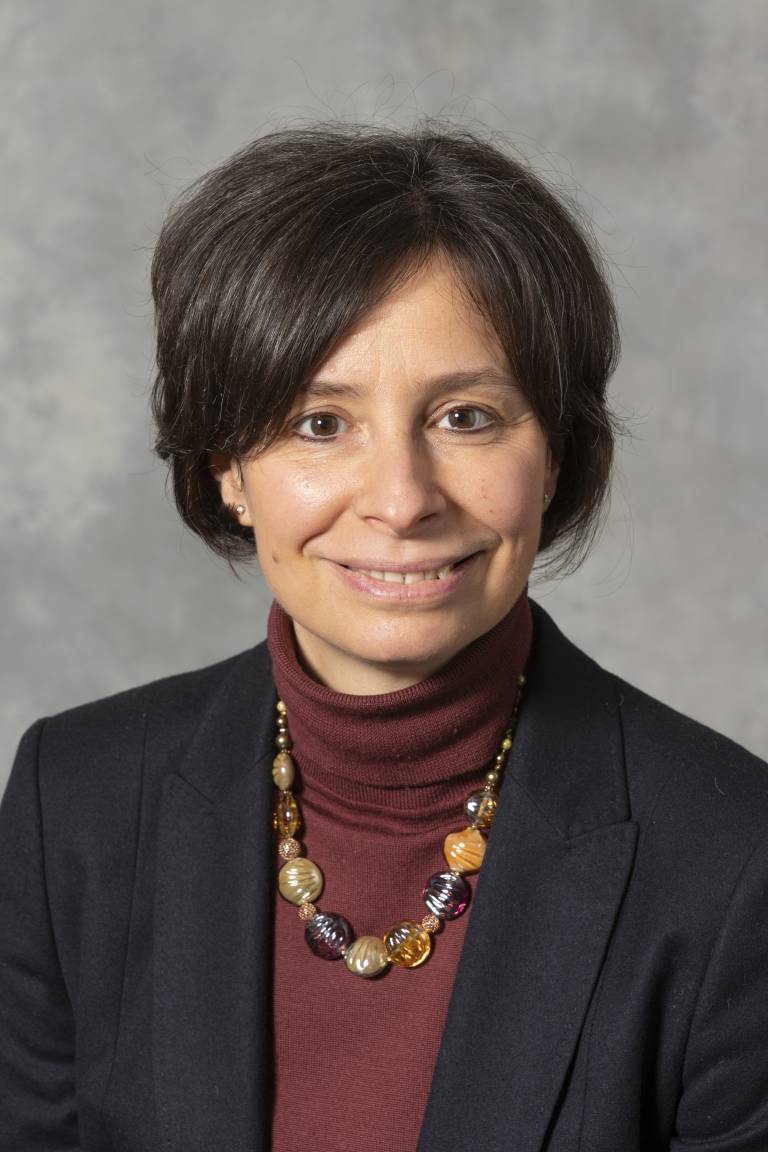
Proudest achievement: I led with my research group a major project with the National Nuclear Laboratory and Sellafield Ltd to enable Magnox to complete its nuclear waste reprocessing programme. We designed, built and operated a 3 metre-tall replica of the fluidized bed reactor used on the uranium finishing line and used x-ray imaging to visualise and resolve a number of operational problems. I am very proud of the work we did, which improved the fluidized bed reactor’s operational reliability, was used to train operators at Sellafield and ensured the continued safe operation of the plant.
At UCL, the majority of my colleagues may know me for my role as Academic Director for UCL East, our new UCL campus at the Queen Elizabeth Olympic Park. I feel extremely proud about bringing together seven faculties from across UCL on the development of a truly ambitious, innovative and exciting academic vision which embraces the interdisciplinary spirit of UCL and will contribute to shaping the future of east London. Construction begins in only a few months from now!
Advice for students: Do what you love and believe in and enjoy discovering new knowledge. Don’t be afraid of challenging yourself and facing failure – this is how the learning happens!
5. You’re here to learn, but also play
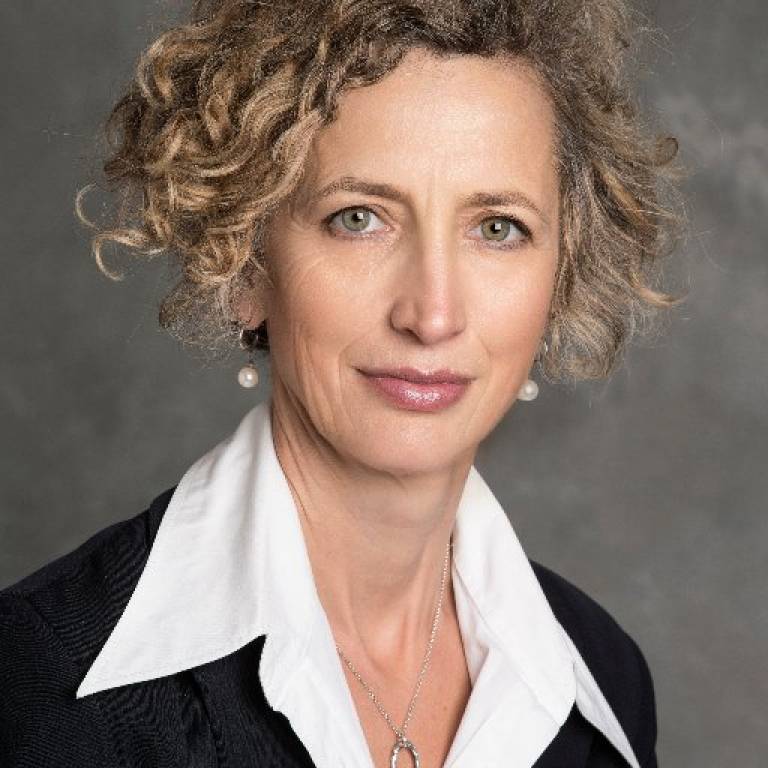
Proudest achievement: Personally, my children. Academically, my students. I am always so moved by graduation. Seeing all those students get their degrees makes me extremely proud. As Dean I don’t teach that much (beyond PhD students) and I do miss my undergraduate teaching. Witnessing a student having an academic idea for the first time and getting excited about it is always a thrill.
Advice for students: You’re here to learn, but also play. Keep the friends you make here, and remember these are formative years when you’ll probably find out who you are – or at least embark on the road to finding out who you are.
6. Meet new people, try different experiences, and read around your passions
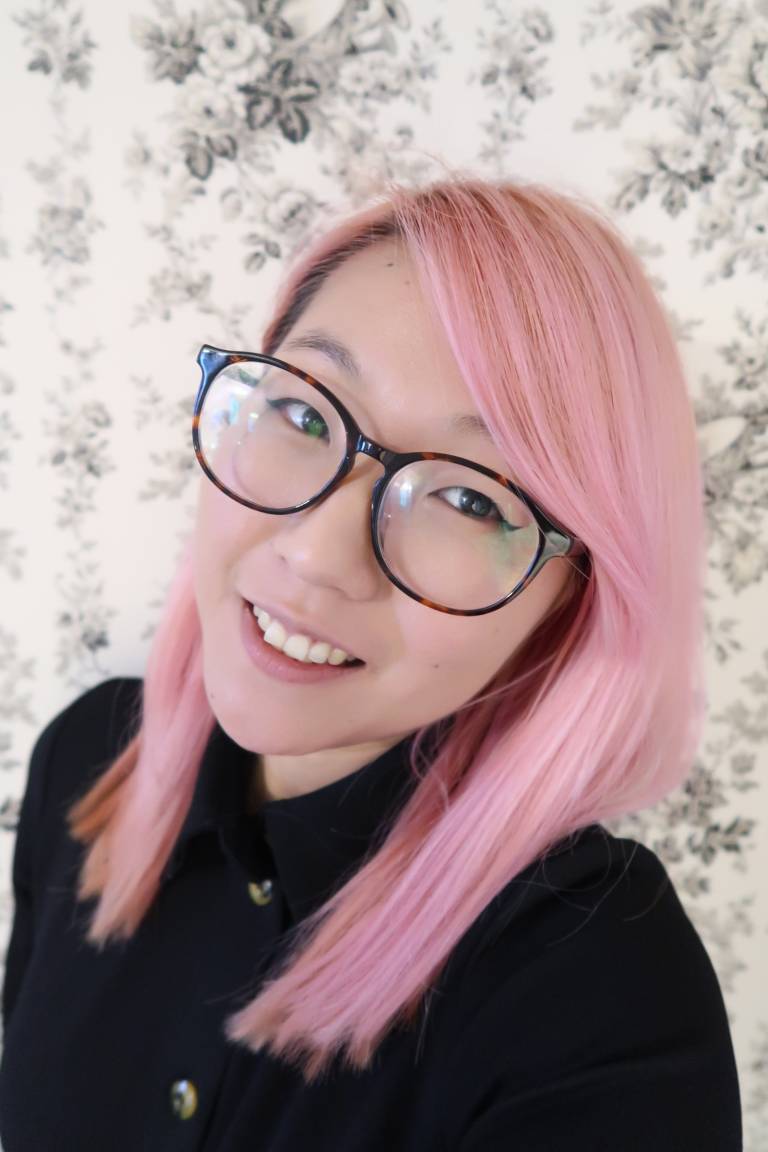
Proudest achievement: Although I’m proud of my degree and my PhD, there’s always someone with better resources, higher grades, or more published papers. Nowadays it’s the surprise achievements that make me happy, and, without overusing the phrase, spark joy. Taking a risk and seeing it pay off – that’s a great feeling. One example is taking my work outside of the lab, which isn’t the everyday norm for physicists. To my delight, my optical accelerometer prototype survived outdoor testing on a vehicle undergoing shocks and impacts. Standing in that muddy field, watching people operate the device that I’d hand-made and automated, is the proudest I’ve been. As a kid, I would never have believed it, but now, no matter what, no one can take that away, and I dare anyone who thinks it’s easy to try it themselves.
Advice for students: Diversify your life! Meet new people, try different experiences, and read around your passions – there’s so much you can gain by being open minded. A great support system is crucial: I’ve met, through Twitter, an amazing group of supportive & friendly researchers who care about making academia fair, accessible and enjoyable. We all recently worked on the successful #MyScienceInquiry (led by Professor Rachel Oliver from Cambridge University) to gather data around biases in STEMM funding. I’ll also make time to learn beyond my main research interests. At a quantum tech conference I’ll listen to talks on collapse models or quantum computers alongside quantum sensing which is where my work started from. I also get tips for starting my spin-out company by reading about the history of inventions and their commercial journey to market. There’s a lot of bad decisions you can avoid that way!
 Close
Close

